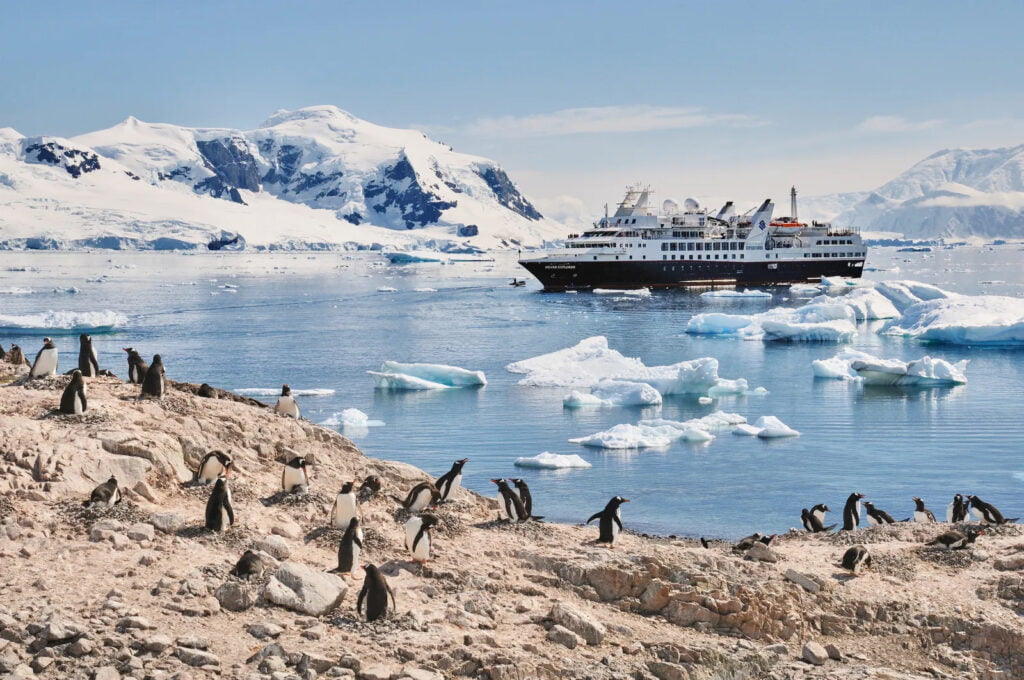Antarctica’s ecosystem is suffering from a plant invasion that threatens to transform the continent’s ecosystem. A group of scientists from the Italian University of Insubria, demonstrated this. For months, these researchers analyzed the expansion of two native species of plants that have increased by as much as five times more in the last five years than they have in 50 years.
The species are known as Deschampsia antarctica and Colobanthus quitensis. They both have grown remarkably on Signy Island in the South Orkney archipelago. Experts believe that the change in Antarctic vegetation is due to the increase in air temperature. Another possible cause is the decline in the number of seals on the island. As these animals walk over the plants, they hinder their blooming. But with fewer seals remaining due to food shortages, the plants have more options to grow and develop.
According to the experts’ criteria, over the next half century, global warming will have a greater impact on Antarctica. This would lead to an increase in ice-free spaces where more plants would be able to grow. Although this is not entirely good news, because it will alter the Antarctic ecosystem.
Plants could disappear in Antarctica’s ecosystem
As plants bloom, the acidity of the soil will change. By altering its chemical composition, the growth of lichens will increase. The blooming of plants will also have an impact on the continent’s fungi and bacteria. Together with the gradual disappearance of the ice layer in the subsoil, these changes will have harmful consequences for the terrestrial animals living on the continent.
According to the experts on Antarctica’s ecosystem, Antarctic plants are adapted to photosynthesis under difficult conditions, including temperatures below zero degrees Celsius during snow. However, changes in the ecosystem would cause non-native plants to start growing on the continent.
Native plants could disappear, as they would not be able to compete against the colonizing species. “By 2030, the Earth’s climate could resemble that of the planet during warmer periods, such as those recorded in the mid-Miocene,” acknowledge the Italian scientists. While this warming will benefit terrestrial species, it will also lead to a loss of biodiversity that will ultimately affect the continent’s fragile ecosystem.

